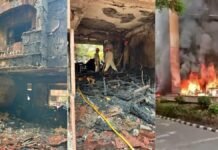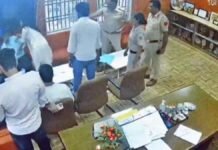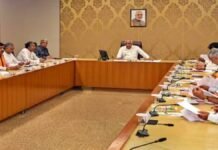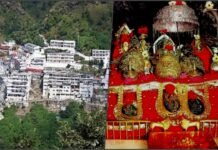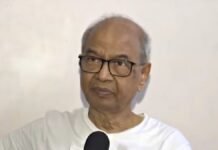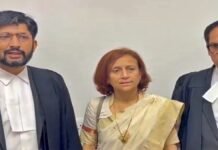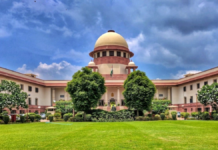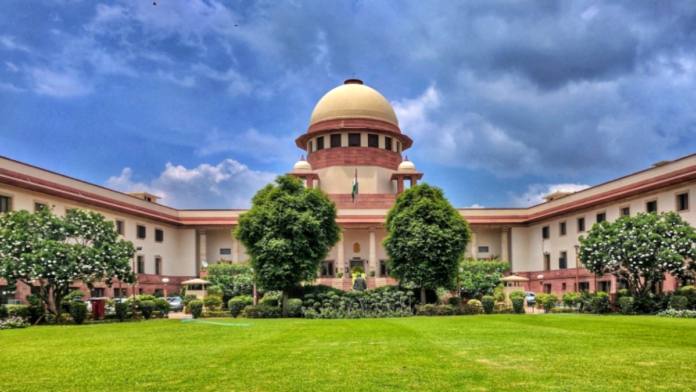
Key Points:
- Supreme Court defers hearing on the constitutional validity of the Places of Worship Act, 1991, for four weeks.
- No new petitions challenging the law or effective court orders allowed until the matter is resolved.
- Central Government directed to submit a detailed affidavit regarding its stance.
- The Act, particularly Sections 2, 3, and 4, under scrutiny for their implications on religious site disputes.
- Recent violence in Sambhal, UP, linked to a local court-ordered mosque survey underscores the controversy.
New Delhi: The Supreme Court of India has deferred its hearing on petitions challenging the constitutional validity of the Places of Worship (Special Provisions) Act, 1991 for four weeks. In a directive aimed at preventing further escalation, the apex court has prohibited any new petitions challenging this law and barred lower courts from issuing any final or effective orders during this period.
This decision comes amidst rising tensions following a controversial order in Sambhal, Uttar Pradesh, where a local court mandated a survey of the Jama Masjid, leading to violent clashes that resulted in four deaths.
Central Government’s Response Sought
A three-judge bench led by Chief Justice of India (CJI) Sanjiv Khanna emphasized the necessity of the Central Government’s position in the matter. The CJI remarked, “The Centre’s affidavit is crucial before proceeding further.” Solicitor General Tushar Mehta, representing the government, assured the court that a response would be submitted soon.
The bench also referred to the Ayodhya verdict, indicating the importance of maintaining communal harmony while addressing sensitive religious disputes. Until the court resumes the hearing, it has directed that no new temple-mosque disputes be registered nationwide.
Focus on Sections 2, 3, and 4 of the Act
The petitions primarily challenge Sections 2, 3, and 4 of the Places of Worship Act. These provisions:
- Prohibit conversion of any place of worship and maintain its religious character as of August 15, 1947.
- Mandate preservation of religious structures as they existed on that date.
- Impose penalties for violating these provisions.
Critics argue that these sections infringe upon the rights of religious communities and limit the scope for resolving long-standing disputes.
RJD MP Manoj Jha Files Petition
RJD Rajya Sabha MP Manoj Jha has also filed a petition in support of maintaining the Act, citing the turbulent history surrounding such disputes. He stated, “A generation has already suffered due to these conflicts. It’s time to uphold the status quo to prevent further communal disharmony.”
Sambhal Violence: A Stark Reminder
The recent controversy in Sambhal, Uttar Pradesh, underscores the sensitivity of the issue. A local court’s order to survey the Jama Masjid sparked violence, with rumors inciting unrest and resulting in four fatalities. The administration’s involvement in the survey fueled concerns about the repercussions of such judicial orders, further intensifying the debate around the Places of Worship Act.
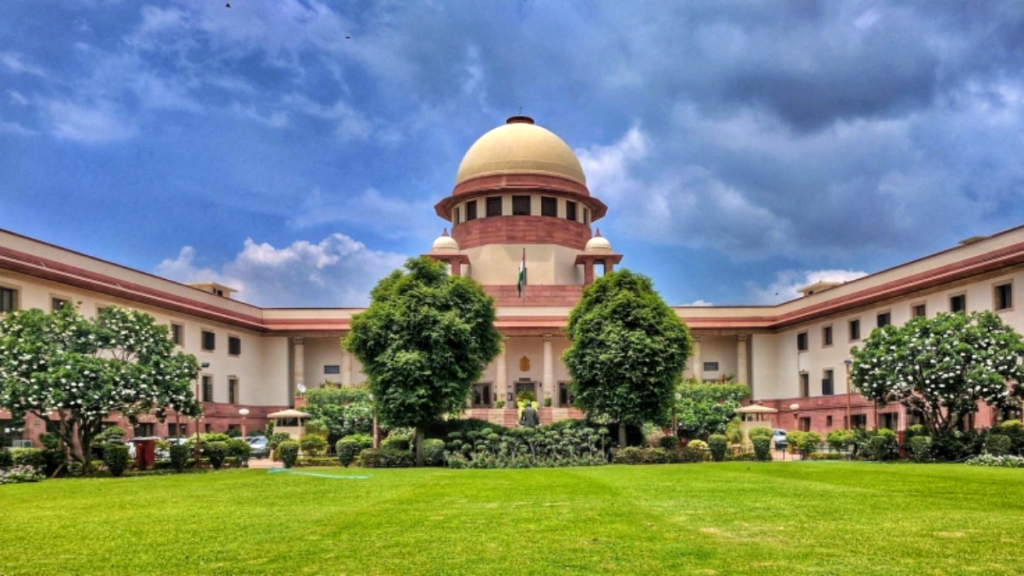
Looking Ahead
With the next hearing scheduled in four weeks, the spotlight now shifts to the Central Government’s affidavit and its implications on the future of the Act. Legal experts and community leaders alike are urging restraint and dialogue to navigate this contentious issue.
The Supreme Court’s directive aims to balance judicial scrutiny with maintaining communal harmony in one of India’s most sensitive legal debates.


